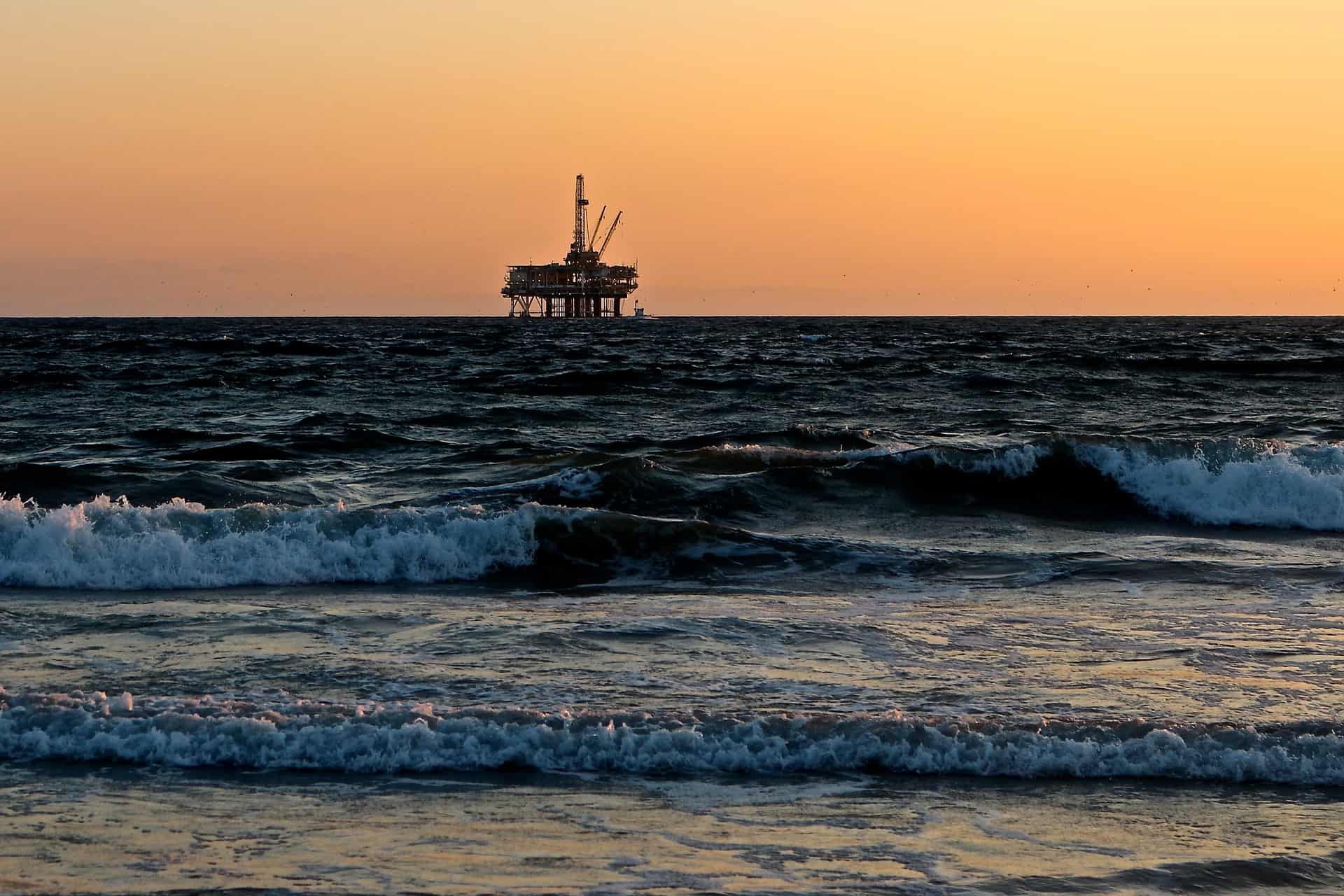
South Africa has been widely regarded as a mineral and resource-rich country. With the recent propositions to amend the Gas Act 48 of 2001, aimed at attracting foreign investors, the industry is an exciting one to watch. There are, however, many complex considerations to be factored in, not to mention potential pitfalls like the resource curse (seen more in northern parts of Africa). The intricacies of attracting investors (especially international ones) are endless and could in some cases be considered to be more of an art than strictly procedural and showing appealing numbers. The following basic considerations can be borne in mind in this respect.
Firstly, transport – the need for streamlining transportation procedures is obvious and a crucial point in foreign jurisdictions such as China in the early 2000s. According to then Principal Administrator Directorate for Financial, Fiscal and Enterprise Affairs, OECD, Mehmet Ögütçü, the Chinese government mobilised foreign investment and technology for infrastructure in logistics and transport in an effort to grow the country’s energy sector.
Secondly, there is the need for working together between public and private bodies. Tension between private companies and government is not a new challenge and not only in South Africa. The conflict of interests between SOE’s and the government on the one hand and foreign investors on the other may result in a lose-lose situation. SOE’s and governments usually want to hold on to their stakes, often creating an economic disadvantage or loss of opportunity: a position which can be heavily and easily criticised. To its credit, the Gas Act mentions in its Section 4(l) (“Functions of Energy Regulator”) that the National Gas Regulator must consult with foreign jurisdictions to promote and facilitate the promotion of the development of gas transmission, storage, distribution etc.
Thirdly, beyond exploration and production, it should also be easy for all downstream (refining, purifying, processing and marketing) industrial activities to take place in the Republic such as any further refining/processing etc. of the gas output. This may curb similar cases of South Africa exporting intermediate goods (a product used to produce a finished product) elsewhere to be processed into final goods (such as South Africa’s shipping bauxite to Australia where it gets processed into aluminium).
No analysis of an energy sector, intricate or not, would be complete without due consideration for environmental elements. It needs to be relatively easy for gas companies to undertake exploration. Firstly, processes for obtaining permits need to be made as simple as possible and must be transparent (i.e. from the outset it needs to be clear what is expected and required).
Furthermore, to the extent that the Department of Environmental Affairs and its regulations are involved, they/their processes need to be completely transparent. This will avoid situations of repeating ones like the Turkish-based Karpowership company who was exempted by the South African government from conducting a mandatory environmental impact assessment. This violation of environmental laws is precarious for South Africa’s reputation in the gas industry. It is recommended that strict compliance be adhered to in this regard to foster confidence in South Africa’s gas sector and in South Africa as a whole, and not tarnish the country which would dissuade (foreign) investment.
If you need any assistance on regulating your business or potential investment into South Africa’s gas sector, do not hesitate to contact us to assist you.
Faure Swanepoel
faure@bbplaw.attorney
Candidate Attorney


Recent Comments